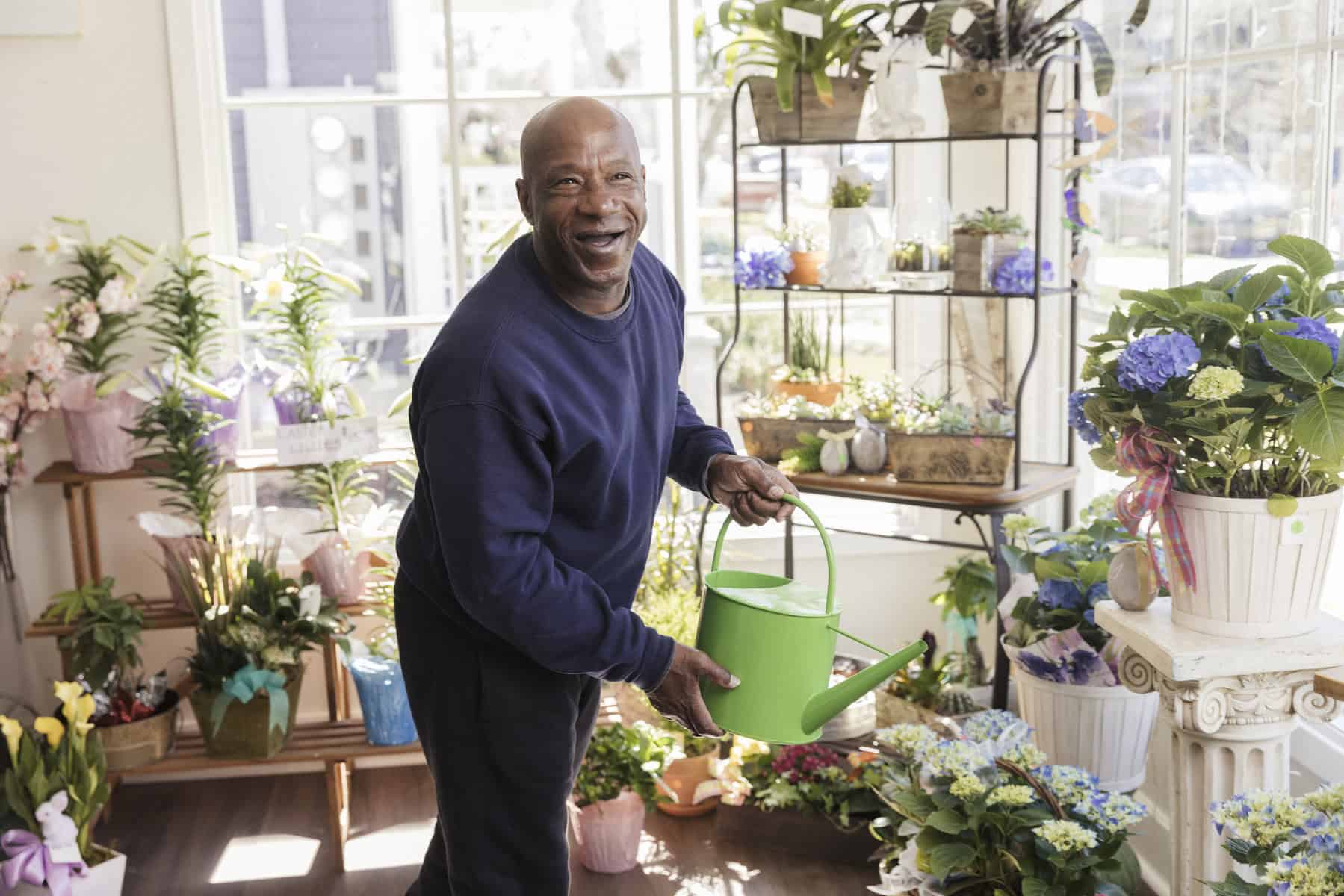For Elyse Giaimo, it’s simple.
“What I love the most about Community Options is that they have a real growth mindset,” Giaimo said.
“They’re forward-thinking, they focus on innovation, they are always wanting to try new pilot projects and better ways to serve the community.”
This mindset led Community Options, which is headquartered in Princeton, to expand not only in the Garden State, but now to 12 states since its 1989 inception, and offer thousands of folks with disabilities nationwide with resources such as housing and employment opportunities.
It was that shared value of connectivity and growth that connected them with the NBA Foundation, now for its second year with the program.
The NBA Foundation is also a national nonprofit funded by National Basketball Association (NBA) professional teams that is focused on driving economic opportunity and empowerment in the Black community.
This time around, Community Options is not only expanding their resources but perfecting their craft.
“What I’m looking forward to is finding ways to make more of an impact and fill gaps in what the existing services are,” said Robert Stack, Community Options’ founder and CEO.
“I think we’re uniquely positioned, because we’re in so many different states, for us to be able to look at what’s working best in certain states, and how can we implement that across the board.”
With the incorporation of these programs, such as enterprises, management consulting and more, Stack hopes to foster a more inclusive environment for people with disabilities in their communities and beyond.
“There’s just so much room for people to be better and more integrated. And I think that Community Options is always looking for those opportunities. Where can we expand? Where can we help people come off of a waitlist for services? And how can we do it best?” Stack added.
The number of success stories from members throughout the organization is a testament that their efforts not only work, but they are also a necessity.
“There’s so many opportunities for people with disabilities to join the workforce, to find more inclusive environments and to be part of their communities,” Stack said.
“We’re just here to help make that happen.”

